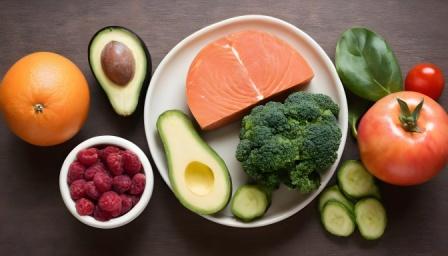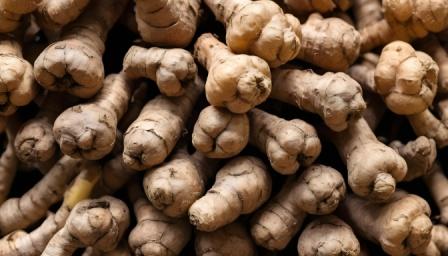Unraveling the Salty Dilemma
Explore the benefits of low salt diets on heart health and blood pressure. Learn how nutrition plays a vital role in your well-being.
In Karen Blixen’s literary masterpiece, salt is portrayed as a remedy, a solace in the face of life's challenges. However, the reality of salt's impact on our health is far more complex. While salt, or sodium chloride, has been an essential culinary companion for centuries, the modern era has brought forth questions about its health implications. This article delves into the intricate relationship between salt and health, exploring its effects on our well-being and how we can make mindful choices in our diet.

1. Understanding the Sodium Conundrum
To comprehend salt’s role in our health, it’s crucial to understand sodium, its primary component. Excessive sodium intake has been linked to high blood pressure, a major risk factor for heart disease and stroke. The World Health Organization advises limiting daily sodium intake to 5g or less.
2. The Link Between Salt and Chronic Diseases
Excess salt consumption is akin to a chronic poison, gradually elevating blood pressure over a lifetime. Recent studies also associate high salt intake with an increased risk of type 2 diabetes. It’s essential to acknowledge these connections when assessing our dietary choices.
3. Unraveling Salt Myths and Realities
In the past, there were claims challenging the adverse effects of salt. However, current research highlights the importance of moderation. Simply reducing table salt isn’t enough, as 75% of our sodium intake comes from processed foods, emphasizing the need for informed choices.
4. Decoding Low Sodium Diets
For individuals striving to lower their sodium intake, adopting a low-sodium diet is paramount. This approach involves conscious selection of low-sodium foods, preparing meals from scratch, and avoiding processed foods. Embracing a diet rich in potassium, found abundantly in fruits and vegetables, can counterbalance sodium’s effects.
5. Crafting a Low-Sodium Lifestyle
Transitioning to a low-sodium lifestyle requires dedication and knowledge. Start by educating yourself about sodium content in various foods. Experiment with salt-free seasonings, herbs, and spices to enhance flavors without compromising health. Gradually, your taste buds will adjust, making the transition smoother.
6. Advocating for Change: A Collective Responsibility
While individual efforts are crucial, addressing the salt issue requires collective action. The food industry plays a pivotal role, and stricter regulations are necessary to curb excessive sodium in processed foods. Advocacy, such as contacting policymakers, can contribute to fostering change on a broader scale.Striking a Balance for a Healthier Tomorrow
In the salty seas of dietary choices, finding balance is key. Salt, once revered, now demands cautious consumption. By understanding the risks, making informed dietary decisions, and advocating for change, we can navigate these waters and promote a healthier future.
Frequently Asked Questions (FAQs)
Q1: What is a low-sodium diet, and why is it important? A low-sodium diet involves reducing sodium intake to promote heart health and lower the risk of related diseases. It's essential for individuals with high blood pressure or heart conditions.
Q2: Are there alternatives to salt for seasoning food? Yes, there are various salt-free seasonings such as herbs, spices, and citrus fruits that can enhance flavors without the adverse health effects of excessive sodium.
Q3: How can I identify low-sodium foods while grocery shopping? When shopping, check nutrition labels for sodium content. Opt for products labeled "low-sodium" or choose fresh, unprocessed foods, which generally have lower sodium levels.
Q4: Can a low-sodium diet still be flavorful and enjoyable? Absolutely! Experimenting with different herbs, spices, and cooking techniques can create delicious, flavorful meals without relying on excessive salt.
Q5: What role does potassium play in balancing sodium intake? Potassium-rich foods, like fruits and vegetables, help counterbalance sodium's effects, promoting a healthier blood pressure level.

.jpg)



.png)




